Nimbus Reports Early Success in Treating Solid Tumors with NDI-101150, an HPK1 Inhibitor
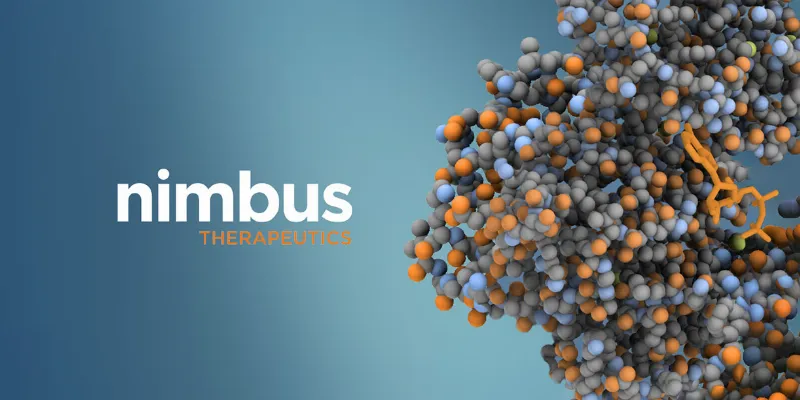
24 May 2024
Nimbus Therapeutics has reported promising early results from a Phase 1/2 trial of NDI-101150, a novel cancer treatment targeting HPK1. The drug showed potential benefits in patients with advanced solid tumors, with some achieving complete responses or maintaining stable disease, and it displayed an acceptable safety profile.
Nimbus Therapeutics has shared optimistic early findings from their Phase 1/2 clinical trial of NDI-101150, a novel, oral small-molecule inhibitor of hematopoietic progenitor kinase 1 (HPK1) in development for treating advanced solid tumors. NDI-101150 treatment enhanced CD8+ T cell and dendritic cell infiltration in tumors, demonstrating an acceptable safety profile. The promising results will be presented at the ASCO 2024 Annual Meeting.
NDI-101150 has shown potential benefits in patients with advanced solid tumors, including renal cell carcinoma, pancreatic cancer, and endometrial cancer. Remarkably, out of 30 patients who could be evaluated for response, five experienced significant clinical benefits: one patient achieved a complete response, another a partial response, and three others maintained durable stable disease for over six months.
A Closer Look at the Data
The multicenter, open-label trial aims to evaluate the safety and efficacy of NDI-101150, administered alone or in combination with pembrolizumab, across varying doses. The highlighted data from 44 patients in dose escalation cohorts and 15 in dose expansion groups showed encouraging results as of March 18, 2024.
Patients treated solely with NDI-101150 showed improved outcomes, which include an increase in activated CD8+ T cells and dendritic cell infiltration in tumors compared to their archival biopsies. These findings align with nonclinical studies that suggested robust anti-tumor activities and significant immune cell infiltration in model systems.
"We are encouraged by these results being presented at ASCO and additional observations to date showing monotherapy clinical benefit and an acceptable safety profile of NDI-101150, further validating HPK1 as a differentiated next-generation immunotherapy. HPK1 inhibition is a promising therapeutic approach as it is shown to activate T cells, B cells and dendritic cells to mount a robust anti-tumor response, whereas currently approved checkpoint inhibitors activate T cells. NDI-101150 is a potent and highly selective HPK1 inhibitor that has the potential to achieve significant tumor growth inhibition and make a meaningful difference for patients,” said Dr. Nathalie Franchimont, Chief Medical Officer at Nimbus.
Understanding HPK1 Inhibition
HPK1, a member of the MAP4K family of kinases, is crucial for regulating immune cells, including T cells, B cells, and dendritic cells. Nimbus Therapeutics' approach with NDI-101150—which is more than 300 times more selective for HPK1 than other similar proteins—might offer an advantage by minimizing off-target effects compared to traditional therapies that primarily activate T cells.





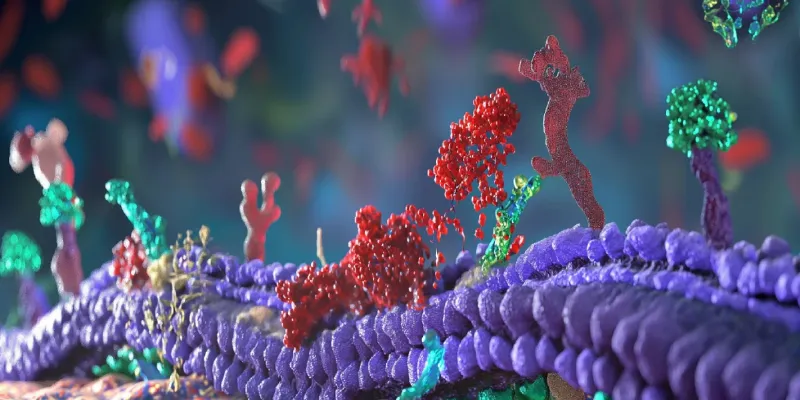
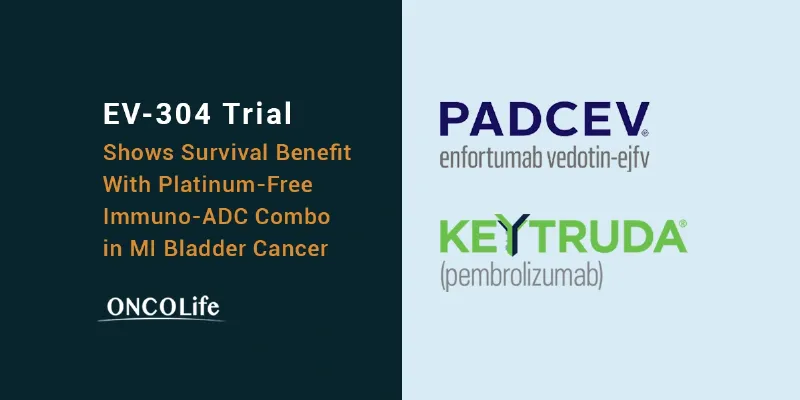
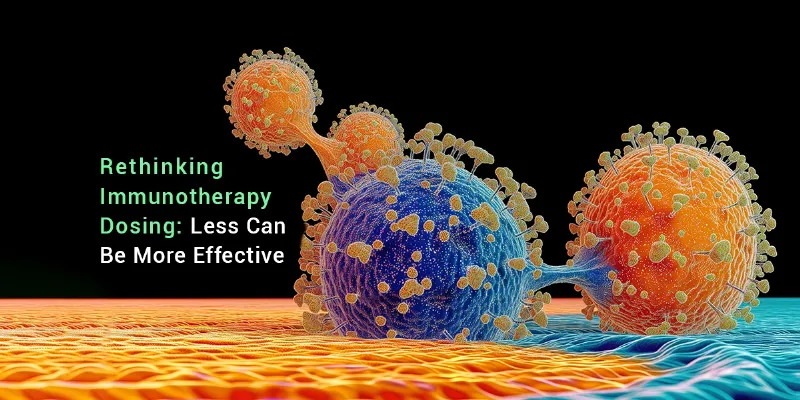
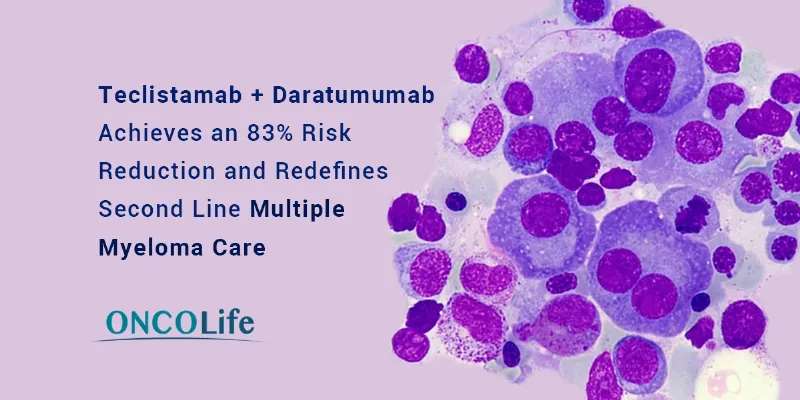
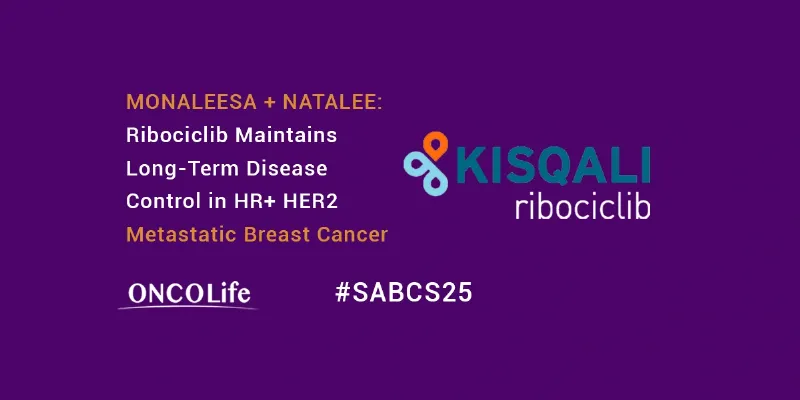
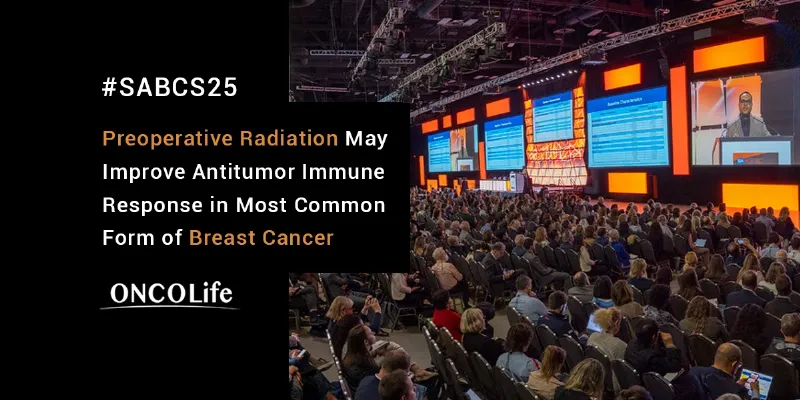
Comments
No Comments Yet!